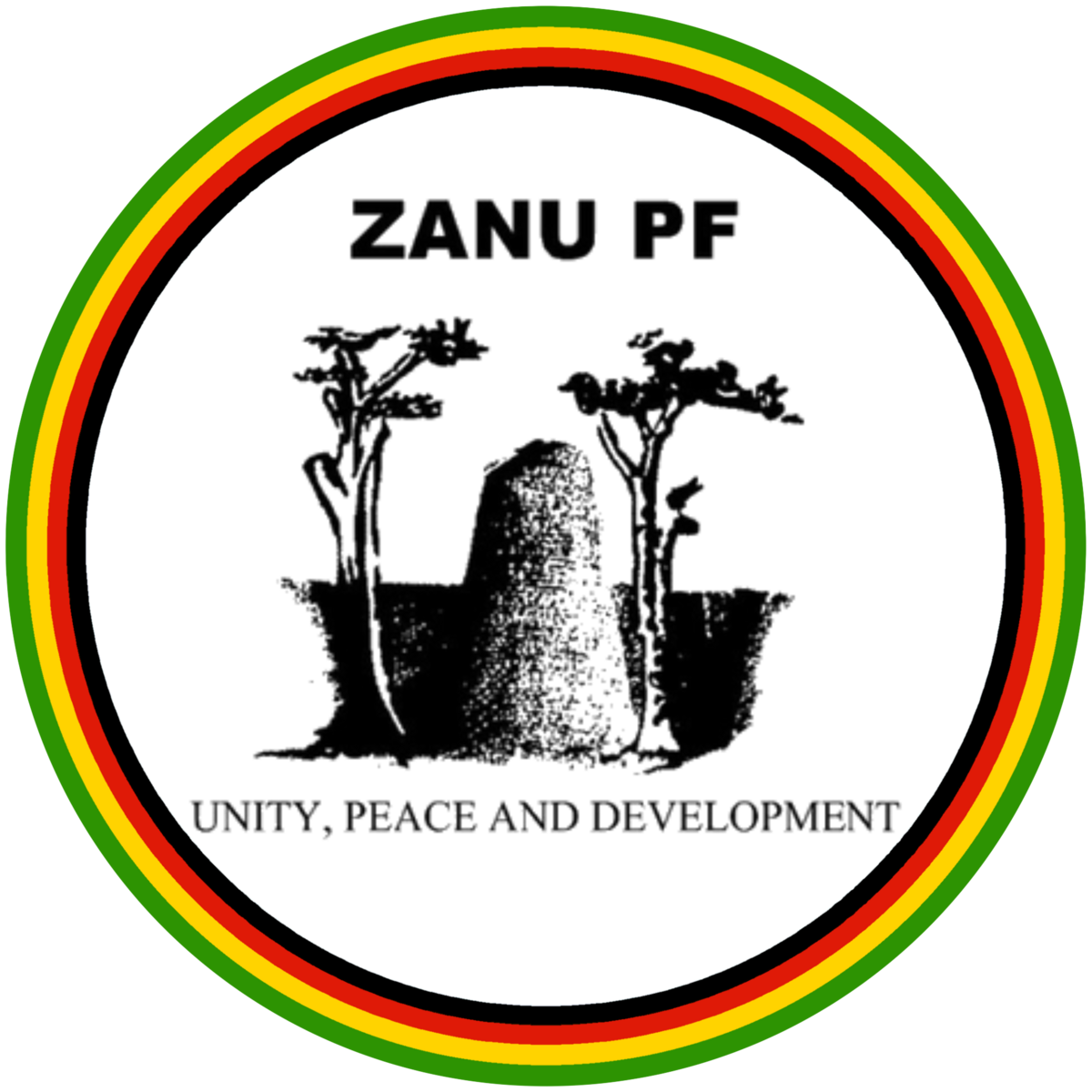The European Union’s move to prolong the arms embargo on Zimbabwe has been met with dissatisfaction by the ruling party, ZANU PF.
They think that when making such choices, the EU ought to take into account the professionalism of the Zimbabwean security services as well as their dedication to human rights.
Recently, the EU extended its restrictive measures through February 20, 2025, for an additional year. “The situation” in Zimbabwe is stated as the justification for the prolongation in a statement obtained by ZiMetro News.
The penalties include a targeted freeze on Zimbabwe Defence Industries’ assets as well as a prohibition on weapons and equipment that might be used for domestic repression.
The ZANU PF’s Director of Information and Publicity, Farai Marapira, responded by saying that this choice impedes the nation’s advancement towards wealth.
Zimbabwe is still committed to promoting peace, stability, and responsible governance, he emphasised. He was quoted by The Herald as saying:
As Zanu PF, we are saddened by the EU’s decision to keep the arms embargo on Zimbabwe in place, but we are not shocked by it either.
This choice further jeopardises our aspirations to create a successful country. We are still devoted to maintaining stability, peace, and sound administration.
The EU needs to acknowledge our extensive reforms and participate positively. There is no denying the tangible effects of the reforms carried out under the capable direction of His Excellency, President Dr. ED Mnangagwa.
Additionally, he gave the Zimbabwean security forces “professionalism and adherence to human rights” high marks. Marapira maintained that it is time to restore confidence, encourage communication, and remove the antiquated limitations placed on Zimbabwe.
There are allegations against the Zimbabwean army that they violate citizens’ rights, especially during election seasons. Critics assert that the army obeys orders from the ruling party, ZANU PF, rather than functioning autonomously as a state body.
This gives rise to worries that the availability of weapons could be exploited to further violate human rights. It’s crucial to remember, too, that the army has also taken part in peacekeeping operations run by the African Union, Southern African Development Community, and United Nations (SADC).
Marapira declared in closing that Zimbabwe is ready to cooperate with the EU and that they are dedicated to building a wealthy and peaceful country. He stressed that Zimbabwe remains open and expects that common sense will return to the West.
The late Robert Mugabe’s administration is accused of violating human rights, which is why sanctions were first placed on Zimbabwe in 2011. Since then, they have been renewed yearly, during which time certain organisations and people have been taken off or added to the list of sanctions.
The European Union, the United States, and the United Kingdom are among the nations that support the sanctions, arguing that they are specific and have no negative effects on the populace at large or the nation’s economy.
But according to ZANU PF, the African Union, the Southern African Development Community (SADC), and the UN, the sanctions have unexpected effects on common people and organisations.
They contend that the sanctions have made it more difficult for Zimbabwe to conduct business with its neighbours, which has an impact on both the economies of Zimbabwe and its neighbours.
For feedback and comments, please contact ZiMetro News on WhatsApp: +27 82 836 5828.

For comments, Feedback and Opinions do get in touch with our editor on WhatsApp: +44 7949 297606.
